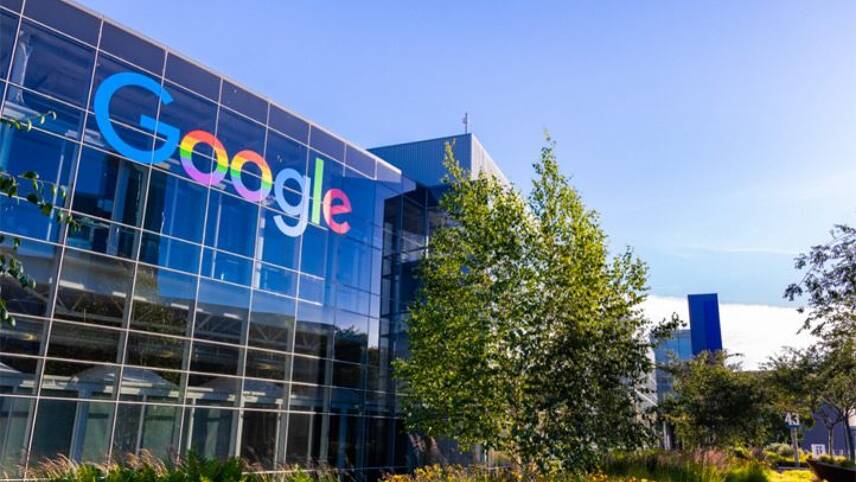Register for free and continue reading
Join our growing army of changemakers and get unlimited access to our premium content

Shell claims that its SAF can reduce lifecycle emissions by up to 80% when compared with traditional jet fuel, if it is used neat
Last year, American Express Global Business Travel (Amex GBT) and Shell Aviation teamed up to launch a new blockchain-enabled service whereby businesses can purchase SAFs equivalent to the amount needed to cover their business flights.
Called Avelia, the scheme is offering around one million gallons of SAF in the first instance, which its co-founders claim makes it the largest of its kind to date. This amount of fuel could cover 15,000 individual business travel flights from London to New York, the co-founders state.
Today (14 August), Google has been named as the latest corporate purchaser. The company joins the likes of Aon, Bank of America, Delta, Cathay Pacific, JetBlue, and Japan Airlines in signing up for the programme.
Google’s director of climate and energy, Michael Terrell said: “The use of SAF will play a critical role in helping the aviation sector on its path to decarbonize. Joining Amex GBT’s sustainable aviation fuel program further represents Google’s continued efforts to accelerate the global transition to a carbon-free future.”
Amex GBT and Shell believe that they can combine the former’s 19,000 corporate customers to help scale the demand for SAFs.
Shell claims that its SAF can reduce lifecycle emissions by up to 80% when compared with traditional jet fuel, if it is used neat.
Popular because using blends of 50% is a ‘drop-in’ solution, requiring no changes to aircraft – as would be necessary for electrification or the use of hydrogen. The UK’s industry body for sustainability in aviation is planning to prioritise SAF use, efficiencies and offsetting to reach net-zero, and this approach has influenced national policymaking on the issue.
The UK is still finalising its SAF mandate. It is proposing a requirement for 10% of fuel supply to be SAF by 2030, increasing in increments through to 75% in 2050. The UK defines SAF as any fuel with a total lifecycle emissions footprint at least 60% lower than traditional jet fuel.
Elsewhere, the likes of Bank of America, JPMorgan Chase and Meta are working together through the Sustainable Aviation Buyers Alliance (SABA) to collaboratively scale access to SAFs to help reduce emissions from flights.
The businesses believe that the SAFs can act as a suitable drop-in fuel for aviation. Currently, SAF makes up less than 0.1% of the global jet fuel supply and sells at a significant premium to fossil jet fuel.


Please login or Register to leave a comment.